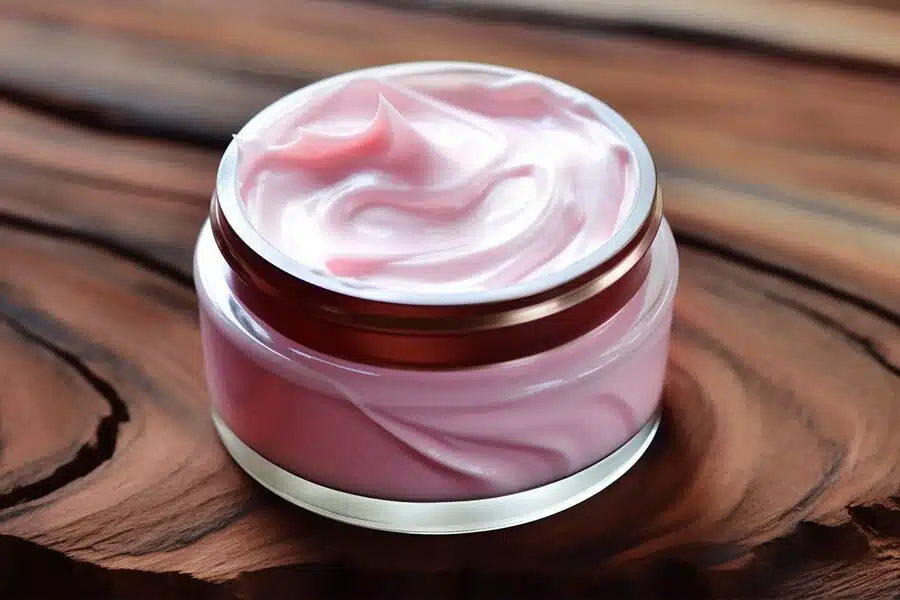Changing Moisturizers With The Seasons : Taking care of your skin is a year-round commitment that requires attention to changing environmental factors. Whether it’s the dry winter air or the scorching summer sun, adapting your skincare routine is essential for maintaining healthy and radiant skin. In this article, we’ll explore effective strategies to keep your skin in top condition throughout the seasons, emphasizing the importance of adjusting moisturizers to meet the specific needs of each climate.
Understanding Your Skin’s Needs

Before delving into seasonal changes, it’s crucial to comprehend your skin’s unique requirements. Different skin types demand different approaches. Understanding your skin type allows you to tailor your skincare routine for maximum effectiveness. Whether you have oily, dry, combination, or sensitive skin, customizing your regimen will contribute significantly to overall skin health.
Winter Wonders: Combatting Dryness
Winter brings cold temperatures and low humidity levels that can leave your skin feeling dry and tight. To combat these harsh conditions, opt for rich and hydrating moisturizers. Ingredients such as hyaluronic acid and shea butter provide deep nourishment, preventing moisture loss and maintaining a healthy skin barrier.
Hyaluronic Acid: A Winter Skin Hero
Hyaluronic acid, a natural humectant, attracts and retains moisture, ensuring your skin stays plump and well-hydrated during the winter months. Look for skincare products containing this superstar ingredient to combat the effects of chilly weather.
Blossoming into Spring: Lighter Formulas

As spring emerges, temperatures rise, and humidity increases. This calls for a shift to lighter moisturizers that won’t clog pores or feel heavy on the skin. Consider opting for water-based or gel-based formulas that provide adequate hydration without causing congestion.
Embrace Antioxidants for Spring Renewal
Introducing antioxidants into your skincare routine during spring helps protect your skin from environmental damage. Vitamin C, in particular, can brighten your complexion and promote a youthful glow, making it an excellent addition to your springtime skincare arsenal.
Summer Sunshine: Shield and Hydrate
Summer brings intense UV rays and increased sun exposure, making sun protection a top priority. Choose a moisturizer with SPF to shield your skin from harmful rays while maintaining hydration. Lightweight and non-comedogenic formulas work well, preventing breakouts during the hotter months.
SPF Infusion: A Summer Essential
Incorporating a moisturizer with broad-spectrum SPF not only hydrates your skin but also provides a crucial layer of defense against sun damage. Ensure you apply it generously, especially if you’re spending extended periods outdoors.
Autumnal Tranquility: Transitioning to Richer Formulas

As temperatures cool down in autumn, it’s time to reintroduce richer moisturizers into your routine. Look for products containing natural oils like jojoba or argan oil to replenish your skin’s lipid barrier and protect against the upcoming winter dryness.
Oils of Autumn: Nature’s Nourishment
Natural oils provide a luxurious touch to your autumn skincare routine. These oils not only hydrate but also lock in moisture, creating a protective layer against the brisk autumn winds.
Also Read : How To Have The Best Skin Care Routine For Men?
Conclusion
In conclusion, maintaining healthy skin throughout the year requires adaptability and a keen understanding of your skin’s changing needs. By tailoring your moisturizer choices to each season, you provide your skin with the necessary support to thrive in any climate. Remember, skincare is not one-size-fits-all, so embrace the variations in your routine to keep your skin radiant, hydrated, and resilient all year long.
1.What type of moisturizer is best for winter weather?
In colder months, opt for rich and hydrating moisturizers containing ingredients like hyaluronic acid and shea butter. These provide deep nourishment, preventing moisture loss and maintaining a healthy skin barrier.
2.Can I use the same moisturizer throughout the year?
While it’s possible, adapting your moisturizer to the seasons can better address your skin’s changing needs. Lighter formulas in spring and summer, and richer options in fall and winter, help maintain optimal hydration.
3.How does SPF in moisturizers benefit my skin during summer?
Moisturizers with SPF offer dual protection by hydrating the skin and shielding it from harmful UV rays. This helps prevent sun damage, premature aging, and ensures your skin stays healthy and radiant.
4.Are natural oils suitable for all skin types in the autumn?
Natural oils like jojoba or argan oil can benefit most skin types in the autumn. They replenish the lipid barrier, providing essential nourishment and protection against the cooler weather.
5.Is it necessary to change my skincare routine in spring?
Yes, adjusting your routine in spring is beneficial. Use lighter, water-based moisturizers to accommodate rising temperatures and increased humidity. Introducing antioxidants can also help renew and rejuvenate your skin after the winter months.
Source Image : .freepik.com





